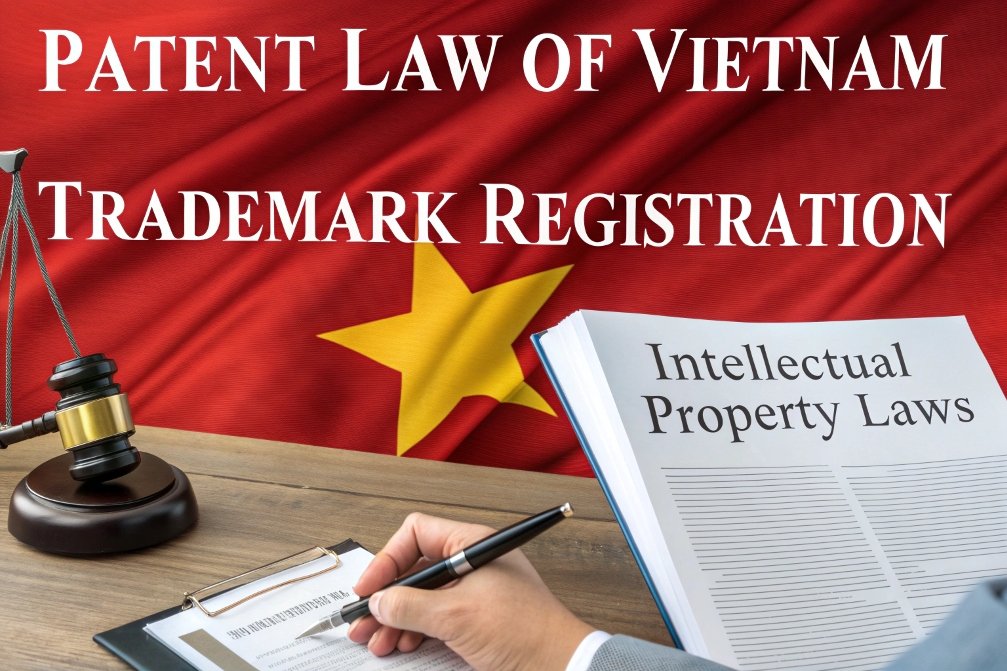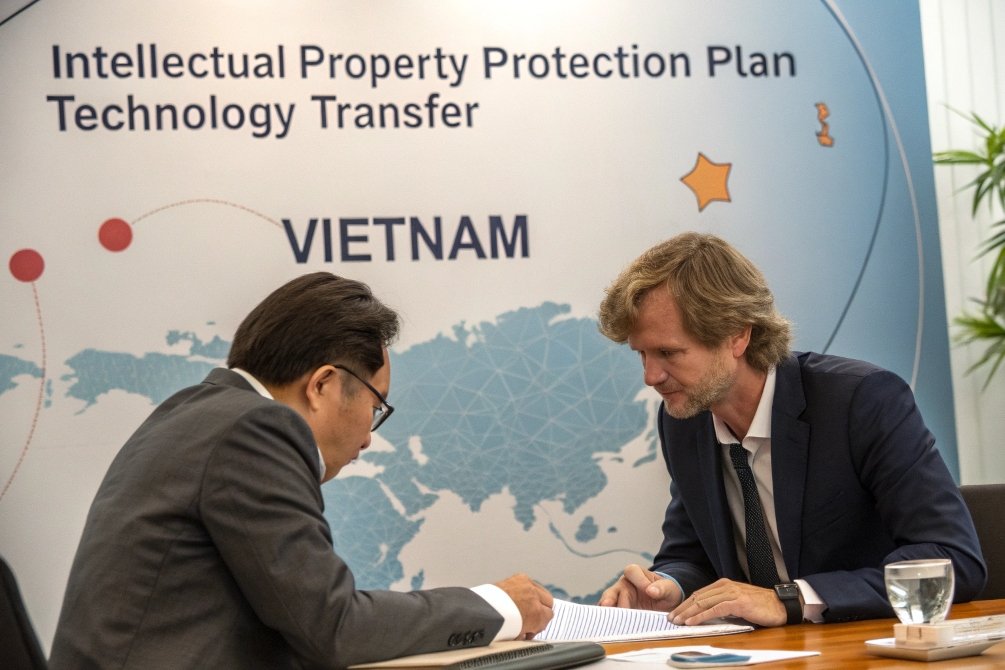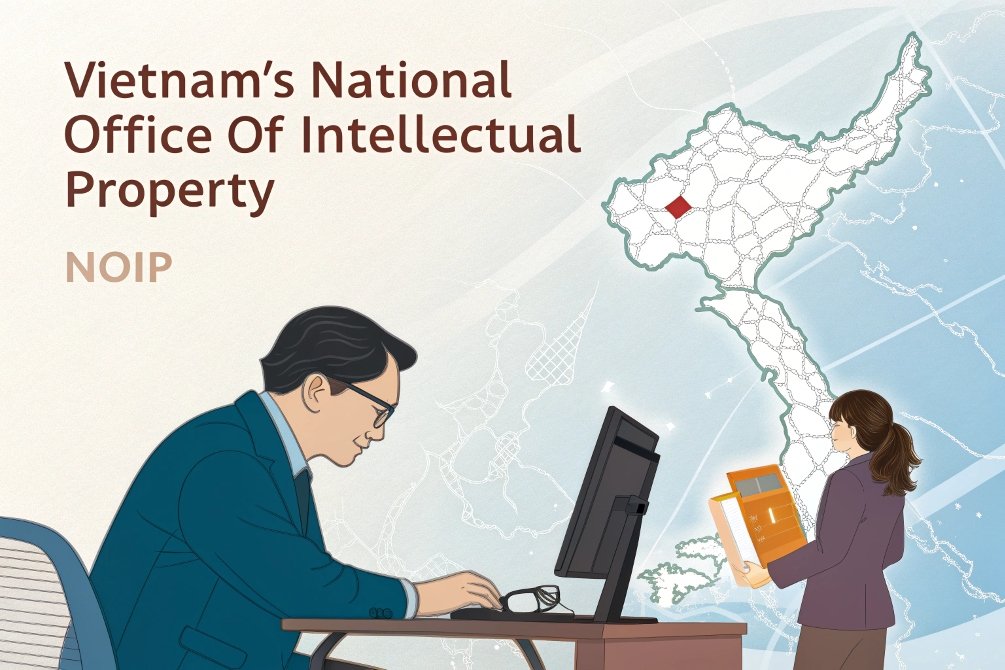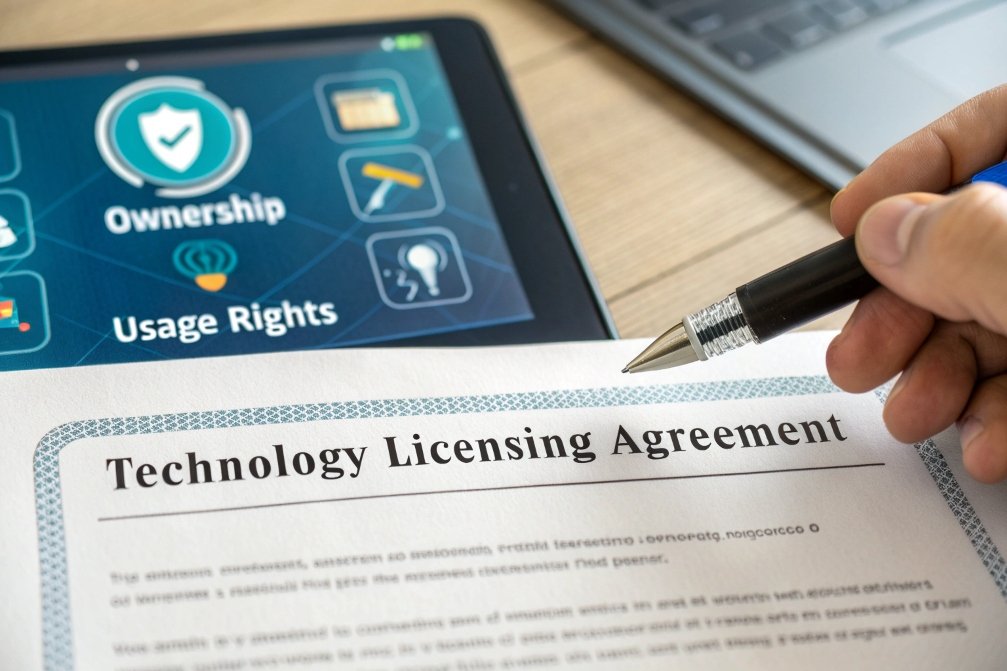
When I’ve dealt with major equipment purchases or technology transfers in Vietnam, protecting intellectual property (IP) has always been a priority. Vietnam’s rapid growth as a manufacturing hub means there’s both opportunity and risk when it comes to safeguarding your IP. Whether you’re dealing with patents, trademarks, or sensitive technology transfers, taking the right precautions can prevent significant losses down the road.
In Vietnam, intellectual property protection is crucial, especially for foreign businesses involved in major equipment purchases or technology transfers. Understanding the legal framework and proactive measures you can take is key to securing your business interests.
Let’s look at the steps you can take to ensure your intellectual property is protected in Vietnam.
What Are the Key Intellectual Property Laws in Vietnam for Foreign Businesses?
Vietnam has made significant strides in IP protection over the last few years, partly due to its increasing integration into global trade agreements, such as the Comprehensive and Progressive Agreement for Trans-Pacific Partnership (CPTPP) and the EU-Vietnam Free Trade Agreement. However, despite these advancements, foreign businesses must still take extra care to protect their intellectual property in the Vietnamese market.
Vietnam’s legal framework for IP protection1 includes patents, trademarks, copyrights, and trade secrets2, but it’s important to understand how these laws apply to foreign businesses.

Key IP Laws in Vietnam
| IP Type | Key Regulation |
|---|---|
| Patents | The Patent Law of Vietnam governs patents. It offers protection for innovations but requires registration with the National Office of Intellectual Property (NOIP) in Vietnam. |
| Trademarks | Trademarks are regulated by the Law on Intellectual Property. Trademark registration with NOIP is mandatory for exclusive protection. |
| Copyrights | Vietnam’s Law on Copyright and Related Rights protects artistic works, software, and other creative works. Copyright protection is automatic but should be registered for enforceability. |
| Trade Secrets | Trade secrets are protected under the Law on Competition and the Civil Code. However, protection is often more difficult to enforce unless clear non-disclosure agreements (NDAs) are in place. |
Protecting Your IP
While Vietnam offers legal protection for your intellectual property, there are still challenges when it comes to enforcement, especially for foreign companies. It’s essential to register your IP in Vietnam to ensure it’s legally protected, and always work with local legal experts to navigate the process.
How Can You Safeguard Patents and Trademarks When Sourcing in Vietnam?
Protecting patents and trademarks when sourcing products or working with suppliers in Vietnam requires careful planning and due diligence. I’ve found that registering your IP locally is one of the most effective ways to safeguard your business interests.
To prevent unauthorized use of your patents and trademarks in Vietnam, make sure to register them locally, use clear agreements with suppliers, and monitor the market for any infringement.

Key Steps for IP Protection
| Step | Action |
|---|---|
| Register Locally | Ensure that your patents and trademarks are registered with Vietnam’s National Office of Intellectual Property (NOIP). This provides legal grounds for enforcement. |
| Use Non-Disclosure Agreements (NDAs) | Always include NDAs in contracts with Vietnamese suppliers, especially when sharing sensitive information or technology. |
| Limit Access to Sensitive Info | Only share necessary information with trusted suppliers. Use physical and digital safeguards to limit access to your IP. |
| Monitor the Market | Regularly monitor the market for potential infringements. Use professional services to track trademarks and patents. |
By registering your patents and trademarks locally and putting safeguards in place, you can significantly reduce the risk of infringement. Additionally, keeping a close eye on the market can help you spot potential issues early.
What Steps Should You Take to Avoid IP Theft During Technology Transfers in Vietnam?
Technology transfers are particularly sensitive when it comes to IP protection. When sharing proprietary technology with Vietnamese partners or suppliers, you run the risk of losing control over that technology if you don’t take the right precautions.
To avoid IP theft during technology transfers in Vietnam, make sure you structure agreements carefully, use legal protections such as NDAs and technology licensing agreements, and monitor the implementation of your technology.

Key Steps for Technology Transfer Protection
| Step | Action |
|---|---|
| Use Licensing Agreements | Ensure that technology transfer agreements are detailed and include clear terms regarding ownership and usage rights. |
| Limit Technology Access | Restrict access to your technology and share only the necessary parts. Implement controls to monitor the use of your technology. |
| Include IP Protection Clauses | Specify in the contract the legal measures to be taken if your technology is misused or stolen. Ensure enforcement in Vietnamese courts. |
| Monitor Implementation | Regularly inspect how your technology is being used and ensure that it aligns with the terms of the agreement. |
By taking these steps, you can significantly reduce the risk of IP theft during technology transfers in Vietnam. It’s essential to make sure that you are protected not just legally but also through practical, preventive measures.
Conclusion
Protecting intellectual property in Vietnam requires a combination of understanding local laws, registering your IP with the authorities, and taking proactive measures when working with suppliers and partners. Whether you’re involved in major equipment purchases or transferring technology, it’s essential to safeguard your patents, trademarks, and sensitive information. By using strong legal protections, clear agreements, and regular monitoring, you can mitigate the risk of IP theft and ensure that your business interests are protected in Vietnam.

